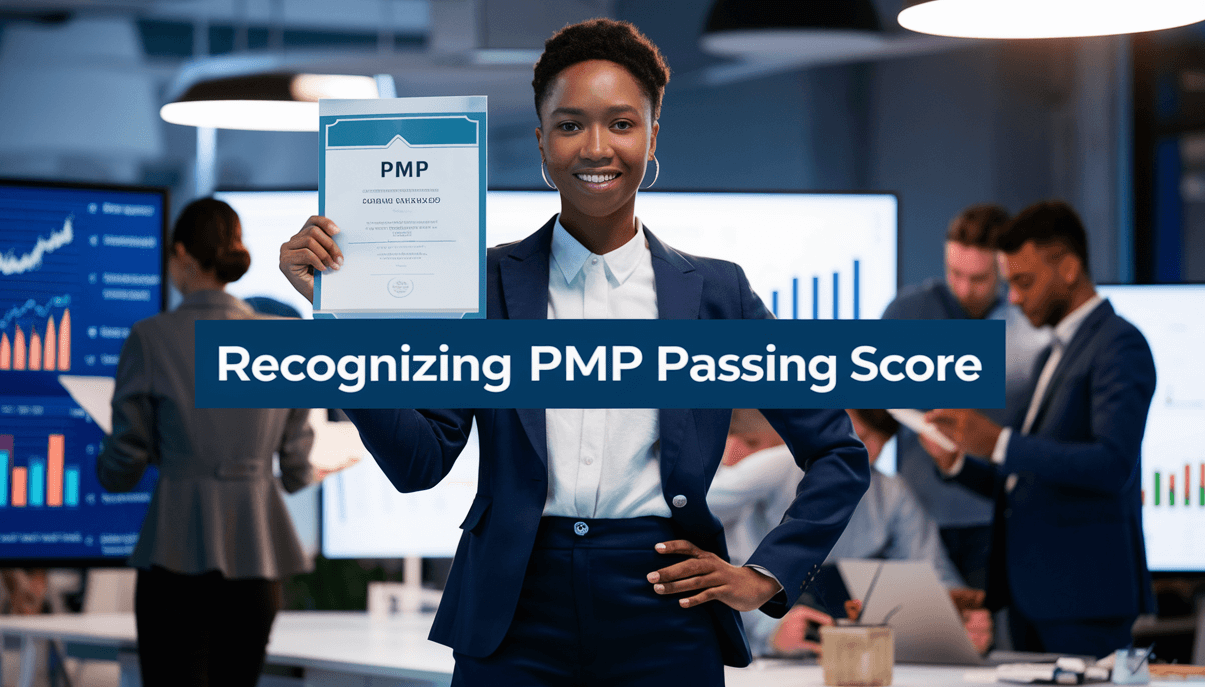Successful project outcomes rely significantly on efficient risk management, which is a fundamental component of project management. Effective management of risks is the primary responsibility of RMP certified professionals. They must possess the required skills to recognize, evaluate, and classify any potential risks that could influence the project’s goals. Additionally, they must devise plans to lessen or eliminate these risks. Thus, a comprehensive grasp of essential skills is imperative for these professionals to excel in their roles. Furthermore, honing those abilities aids in advancing their profession and maintaining their competitiveness in the dynamic sector of risk management.

Key Skills Needed to Manage Risk
Professionals need the following skill set to proficiently navigate the complexity involved in identifying, assessing, and managing risks within projects or organizations.
Analytical skills
The basis of risk management is analyzing risks, assessing their potential impacts, and evaluating them against the company’s total risk appetite. Therefore, risk managers require analytical skills to collect data, analyze risks, and make wise decisions based on the results. They make strategic decisions based on such data, and they also utilize it to identify data gaps and areas that need more analysis. Furthermore, developing expertise in statistical modeling, data visualization, and data analysis tools may significantly improve their capacity to make sound judgments and offer insightful data to stakeholders.
Problem-solving skills
Risk managers must possess problem-solving skills. They need to be adept at addressing problems since they deal with complicated and unanticipated situations on a daily basis. Once the risk is identified, it is the responsibility of the risk manager to solve it. Problem-solving skills enable such professionals to successfully handle and minimize risks. It entails examining the characteristics and sources of the risk, coming up with innovative methods to mitigate it, and then implementing those methods into practice.
Leadership skills
Possessing leadership abilities enables risk managers to lead teams, communicate clearly, and align risk management strategies with broader business goals. This skill aids in building trust, fostering collaboration, and motivating team members to perform their best under pressure. Risk managers with leadership qualities can foster a culture that values proactive risk management. Additionally, they help their teams embrace change, navigate challenging situations, and handle crises with resilience.
Communication skills
Risk managers are responsible for effectively communicating all risk and risk management plans within the organization. Effective communication skills make it easier for them to interact with stakeholders at all organizational levels. This ensures that all parties are aware of the risks and supports the mitigation strategies. Risk managers need to possess strong written and vocal communication abilities to be accessible to a diverse workforce. Furthermore, addressing conflicts or differences in risk management techniques within teams or between stakeholders requires clear and compassionate communication.
Financial skills
Every business has financial risk, hence risk managers must be competent in financial risk to recognize and reduce them. Those who possess strong financial abilities find it easier to anticipate possible hazards related to financial projections and to create accurate budgets and forecasts. They must distinguish between risks that they can control and those that are out of the organization’s hands. Furthermore, financial expertise helps minimize possible losses and ensure the organization’s stability by developing and implementing measures to hedge against financial risks.
Working under pressure
Risk management is a dynamic and highly responsible position. This necessitates risk managers to have the ability to perform well under pressure. They should set up several techniques and procedures that reduce the likelihood of a risk occurring. Additionally, remaining calm, effectively managing stress, and using their experience aids risk managers in making well-informed decisions in the face of uncertainty. This also helps to ensure that risk mitigation measures remain functioning even under pressure.
Regulatory knowledge
Risk managers bear the responsibility of staying abreast of ever-evolving regulations pertinent to their industry. Their role involves ensuring the organization aligns with prevailing standards. They should ensure that the company and its goods or services comply with all industry standards. It further requires them to devote part of their time to stay current with any changes and comprehending the ever-changing regulatory standards.
Mathematics skills
A strong mathematical and computational background is required of risk managers, as their work entails extensive data analysis. Mathematical proficiency enables RMP certified professionals to assess, evaluate, and reduce risks more effectively. They are also able to make data-driven judgments, recognize trends, and extract insightful information from the data. Numerous analytical tools are available to assist in estimating costs and doing other mathematical tasks. However, strong mathematical skills are required to make good use of these tools.
Strategic thinking
Risk managers may have to collaborate with the management of the organization to create risk mitigation strategies. They need strategic thinking that involves the ability to analyze complex situations, foresee potential outcomes, and make informed decisions that align with long-term goals. Risk management professionals must offer solutions that not only address present challenges but also factor in their impact on the company’s future trajectory. Additionally, they are tasked with identifying potential opportunities that may arise from managing or mitigating these risks.
Adaptability
The dynamic nature of risk management makes it imperative to be flexible in the face of shifting conditions and new threats. Risk managers can modify their tactics and plans in reaction to new data or unforeseen shifts in the risk environment by being flexible. Furthermore, an adaptable mentality encourages creativity and looks for cutting-edge tools to improve risk management procedures. This further enables risk managers to implement creative solutions to complex risk concerns.
Negotiation
Risk manager duties include persuading and negotiating with employees, superiors, stakeholders, and the board of directors. Proficient negotiating abilities empower such professionals to effectively manage risks within the company by navigating complicated situations, fostering agreement, and identifying solutions that benefit everyone. Furthermore, employing negotiation techniques allows professionals to settle disputes that emerge between stakeholders or within teams
Business understanding
Risk managers must comprehend how a business operates in order to recognize and assess risks to the organization. It makes it possible for them to understand the nuances of the company’s goals, operations, and market environment. Risk managers can prioritize risks according to their possible influence on important operations or objectives by having a clear understanding of the business priorities. Moreover, identifying shortcomings and developing specific risk management strategies are made easier with an awareness of internal workflows and procedures.
Conclusion
Risk managers play a vital role in proactively identifying and mitigating potential risks to ensure project success. They need a combination of technical expertise, analytical skills, effective communication, and adaptability. Possessing and continuously honing these essential skills aids risk management professionals in effectively safeguarding their organizations from potential threats. Furthermore, they can contribute to project success, and drive long-term growth and stability. Professionals who are interested in gaining risk management skills can enroll in RMP Certification Training. This equips candidates to gain essential risk management skills and expertise to excel in risk management roles. Moreover, it offers hands-on training in risk management techniques and tools, allowing efficient risk assessment and mitigation.



